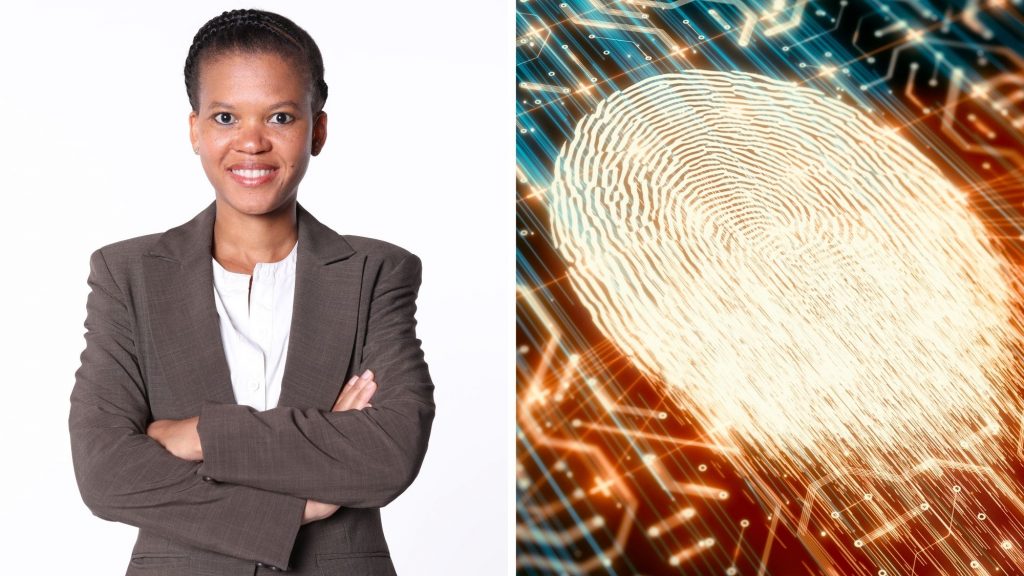The clock is ticking for Windows 10 users. With Microsoft’s official End of Support (EOS) deadline looming in October 2025, South Africans are being…
[Opinion] Remote biometric authentication shapes digital identities

South Africa has cutting-edge remote biometric authentication technology that will not only ensure secure digital identities, but also shape the future. This is the view of Liziwe Maseko, BCX executive for digital software engineering.
As we take increasingly bigger and more confident steps towards a post-Covid world, many of the technologies that became essential tools in ensuring we kept the wheels of the country turning will not only endure, but continue to develop and become an ubiquitous part of our lives.
Remote biometric authentication (RBA) is perhaps the best example of a tech solution that allowed us to interact online securely at a safe social distance during the height of the pandemic, and that has now been adopted and implemented across a wider spectrum of sectors and applications, as simply another way of doing business.
Banks and financial service institutions have been at the forefront of implementing RBA for digital authentication because of the nature of their business with the huge potential for data leaks and cybercrime, along with the need to comply with regulations. They are also leading the race to adopt new RBA technology into their systems, adding more layers to their security whilst ensuring ease of adoption and a user-friendly experience for their clients.
Where have we come from?
Identity authentication was once, and still is in some sectors, done by the most basic of basic methods of showing your ID book. Passwords and pin numbers took over as the go-to security process, and while the password is not necessarily dead, it is fraught with danger.
Fingerprint biometrics are still regarded as a solution by some sectors, but they require one to physically touch a device at that institution’s premises, which, during the pandemic, brought into stark relief the innate flaws and inconvenience of the process.
Facial recognition right now has a one-up against fingerprint because people don’t want to touch devices they are not sure about. All biometrics are relevant, it just depends on the use case.
A fit-for-purpose RBA must be effective, efficient, quick, frictionless and user-friendly. At BCX, our solution uses liveness detection and cross-matching of data to ensure the person being authenticated is a real person and not a bot, a 2D image or a fake avatar. It also verifies the user in around 30 seconds. Most importantly, it is user friendly. Just because there are many multi-modal layers of security, does not mean there should be more steps in the authentication process. This is costly in time and effort for both the user and the service provider.
Service providers, public sector institutions and industries are increasingly adopting RBA, which, in turn, must lead us to ask where to next for RBA technology? How can it develop, and where else can it be implemented to make a real impact in our lives? RBA has applications in health care, retail, telecoms, education, social protection, government administration and travel.
Travel and health care
In health care, RBA improves workflows and provides secure access to patient information, as well as providing proof of vaccines, medical aid and secure electronic medicine scripts. Its impact on government administration would be to simplify the process of updating identity details, such as marriage, and then having those changes automatically updated to your financial institutions.
Travel, particularly at airports, may the next big frontier for facial and biometric authentication. It’s contactless, yes, but will also streamline the check-in and boarding process. RBA can play a ground-breaking role in stopping the scourge of child and human trafficking. With liveness technology, the true identity of the child can be assessed and authenticated, and their safety assured.
Cloud-based biometrics, behavioural biometrics, multi-modal authentication and the use of more databases against which biometric data can be tracked are being discussed as future trends, but right now facial biometrics offers the greatest opportunity for sectors to improve the levels of service and security they offer.
Many South African organisations have been quick to adopt biometric authentication solutions, aware of the need for the country to not only digitally transform, but also remain competitive, efficient, effective and user friendly. We have cutting-edge, globally-lauded RBA technology that has been developed in our country, technology that will not only ensure our digital identities are secure now, but in the future.
- Liziwe Maseko is the BCX executive for digital software engineering.
READ MORE: In-person engagement remains key in emerging markets

